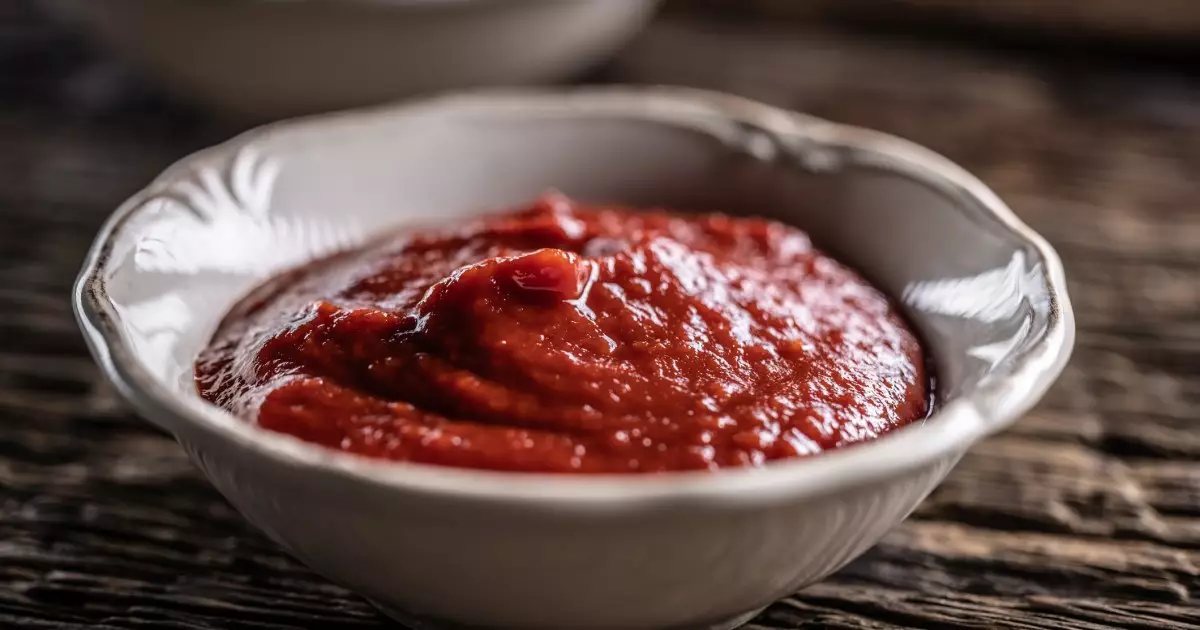Dogs, those endearing companions, often beg for a morsel of whatever we are enjoying, including condiments like ketchup. While most of us might think that a tiny lick won’t do any harm, it’s essential to remember that not all human foods are safe for our four-legged friends. The primary ingredient of ketchup is tomato, which, when properly prepared, is not toxic. Ripe tomatoes without leaves or stems can be given to dogs in moderation, yet the issue lies primarily in the added ingredients that are commonly found in commercial ketchup.
The Hidden Dangers of Ketchup Ingredients
A closer inspection of ketchup reveals that many brands cleverly incorporate garlic and onion powder, two ingredients known to be harmful to dogs. These seemingly innocuous components can lead to serious health risks, primarily due to their impact on canine red blood cells. Garlic and onion belong to the allium family, which can cause hemolytic anemia, presenting a considerable danger if consumed frequently or in significant quantities.
Furthermore, many commercial ketchup varieties are loaded with sugars and sodium—neither of which should play a significant role in a dog’s diet. These added sugars can lead to obesity and dental problems, while excessive sodium can cause increased thirst and even more severe health issues.
Recognizing Trouble Signs
If your dog accidentally laps up some ketchup, it’s crucial to monitor their behavior. While a small taste might not lead to immediate harm, excessive consumption or frequent exposure could trigger adverse reactions. Symptoms like lethargy, appetite loss, or even unusual urine color could indicate that something isn’t right. If you notice any concerning signs, contacting your veterinarian promptly is essential to safeguard your pet’s health.
Healthier Alternatives Are Available
For pet owners who find it hard to resist sharing their meals, consider healthier alternatives to ketchup. Homemade versions without harmful additives are a fantastic option. You can create a dog-friendly sauce using pureed tomatoes and spices that are safe for canine consumption, such as basil or oregano. This way, your dog can still partake in the fun of shared treats without jeopardizing their health.
Moreover, one should always err on the side of caution when thinking about their diet. If you’re uncertain about any human food, especially condiments like ketchup, consult your vet to ensure that it’s suitable for your dog. A well-informed pet owner is a responsible pet owner, and that’s something every dog deserves.
While it is tempting to share a few dabs of ketchup with your beloved companion, the underlying risks far outweigh the pleasure. Treat your canine friend to healthy, vet-approved snacks that keep their tail wagging without compromising their health. After all, nothing feels better than knowing you’re caring for your pet while keeping their well-being intact.

